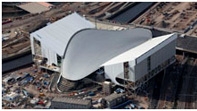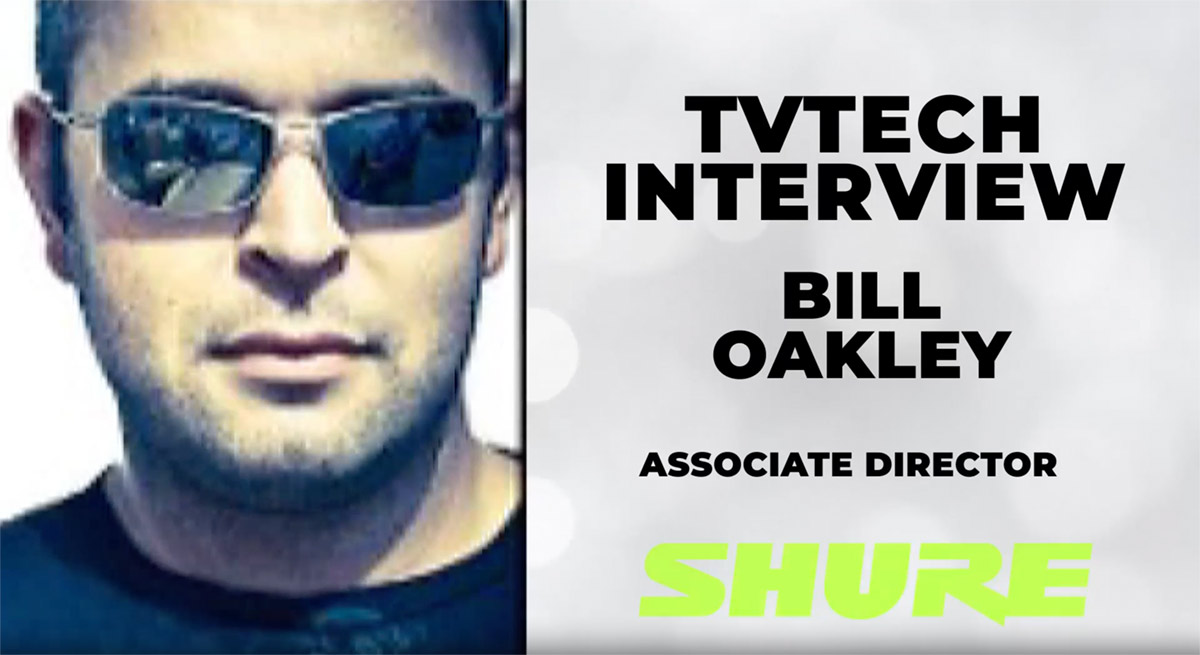EBU gets even more serious about HbbTV

The EBU (European Broadcast Union) has stepped up its campaign to make HbbTV a universal standard for hybrid broadcast by offering its members a free platform to deploy the technology, first at the Eurovision Song Contest and then at the 2012 Olympic Games in London. The Eurovision Song Contest, to be staged this year in Baku during May, is the EBU’s flagship annual event in which all its member countries submit a song to be performed on live TV and then cast votes for the others to determine a single winner.
The announcement coincided with a Creative Content Workshop held in Geneva on Feb. 3 for EBU members to share experiences and ideas for hybrid applications. Members agreed on common approaches to issues relating to the deployment of successful hybrid TV services, such as color-coded buttons, and a common market for hybrid television applications.
The applications for deploying HbbTV during the Eurovision Song Contest and then the 2012 Olympic Games in London were themselves donated by three EBU members, the German Institute for Radio Technology (IRT) representing 14 broadcasters, along with Spanish digital terrestrial operator Abertis Telecom, and DotScreen, a French creator of interactive applications for connected TV, tablets and smartphones. Each of these three is providing interactive applications enabling broadcasters to customize them for transmission of entertainment, news or sports to hybrid HbbTV boxes.
Momentum in Europe had been building behind HbbTV for hybrid broadcast during 2011, culminating in December when more than 20 EBU members agreed to collaborate over hybrid technologies. The members are now exchanging best practices, and supporting accelerated rollout of hybrid television services. In effect, this means that HbbTV has already become the standard for hybrid and connected TV throughout Europe, combining linear channels with internet content, while bringing interactivity and ability to deliver service packages to all relevant devices. The EBU stated that such cooperation was essential to realize the promise of hybrid technology enabling rich, multimedia services that can play on any platform, fully completing the convergence between broadcasting and the web.
In signing up to this project, EBU members are also committing themselves to other emerging standards in the connected TV world, like MHP and MHEG-5.
The only significant European country that has not joined the HbbTV party so far is the UK, which has been developing alternative technology though the YouView project to develop a hybrid set-top box, backed by the four broadcasters BBC, Channel 4, Channel 5 and ITV, along with digital terrestrial infrastructure company Arqiva, and Internet Service Provider Talk Talk. The box may be launched this month, and availability has been promised for purchase by consumers in plenty of time for the London Olympics that begin in July.
It is likely that if HbbTV had achieved its current status at the time development of YouView, formerly Project Canvas, started, it would have been used for that as well. Indeed, the UK's Digital Television Group (DTG), the standards body responsible for setting and maintaining specifications for the country’s Freeview DTT platform, has now adopted HbbTV as its requirement for hybrid Internet/DTT services. This rather leaves YouView out in the cold, given that far more vendors of hybrid boxes will support HbbTV, given the larger target market. Inevitably supporting both HbbTV and YouView will increase costs, and it remains to be seen whether the UK will in time fall into line with HbbTV, and if so how long it will hold out.
The professional video industry's #1 source for news, trends and product and tech information. Sign up below.
